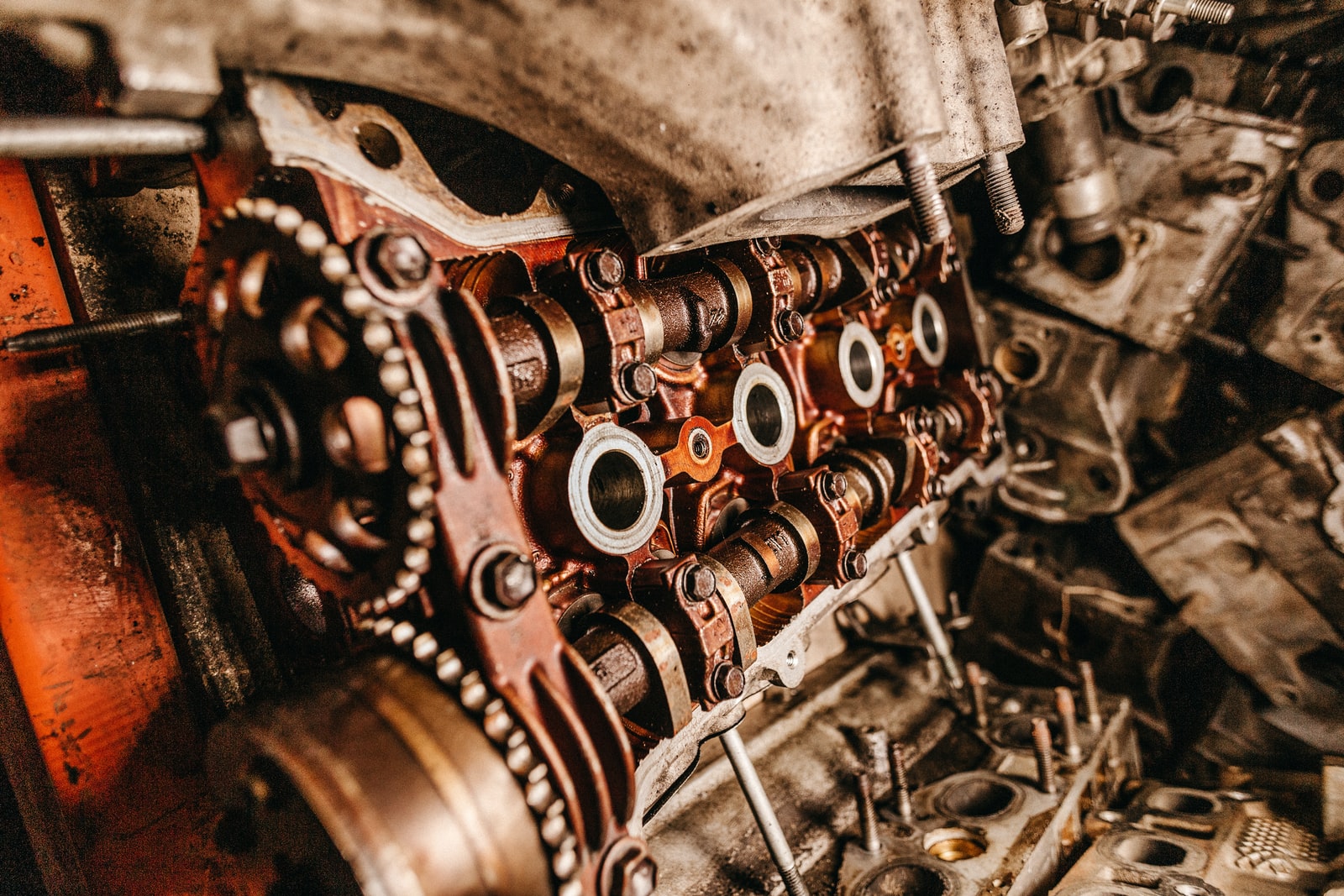Your car’s engine is its heart. Just like any organ, it requires proper care and maintenance in order to function efficiently and smoothly. This guide covers engine maintenance best practices with practical advice to keep your engine in top shape while avoiding mistakes that could cost thousands in repairs.
Implementing these best practices of engine care not only increases engine performance but also extends its lifespan, keeping your vehicle reliable on the road.
The Do’s of Engine Care
Following these proactive steps in engine maintenance not only ensures smoother performance but also plays a crucial role in preventing unexpected breakdowns and expensive repairs.
1. Regular Oil Changes
Car maintenance starts with regular oil changes – clean oil helps protect moving engine components against wear and tear while providing essential lubrication and protection. Most experts advise changing oil every 5,000 to 7,500 miles but please refer to your owner’s manual for guidance on your specific vehicle needs.
2. Monitor and Replace Air Filters
Your engine breathes through its air filter, so a clogged one could impede performance and fuel economy, leading to decreased performance and decreased efficiency. To protect its optimal operation, inspect your air filter every 12,000 miles and replace it as necessary to make sure it continues providing clean air to your engine.
3. Preserve Cooling System
An overheated engine can do serious damage. Keep your cooling system working as intended by checking that coolant levels are at their appropriate levels and replacing it according to the manufacturer’s schedule. Taking this simple step will prevent engine overheating!
4. Use Quality Fuel and Additives
Fuel quality matters for car’s efficiency. Use high-grade fuel in your vehicle for best performance, and consider using fuel additives if your engine begins showing signs of clogging up; this can protect and clean out its internal parts while helping protect the entire engine system from wear and tear.
5. Perform Regular Inspections and Tune-Ups
Regular inspections and tune-ups are vital components of a comprehensive engine care strategy. These periodic check-ups can significantly enhance your vehicle’s performance, extend its lifespan, and prevent costly repairs down the line. During these inspections, key components such as spark plugs, belts, and hoses are meticulously examined for wear and tear or potential failure points.
Such components are crucial for your engine’s efficient operation and, if not properly maintained, can lead to significant issues. To ensure your car receives the best care, Covina drivers should consider conducting a search for auto repair near me to connect with reputable local services tailored to their specific needs. These professionals have the expertise and tools necessary to perform thorough inspections and tune-ups, keeping your engine running smoothly and reliably.
The Don’ts of Engine Care
Following best practices can only get your engine so far; to maintain optimal condition over the years to come. Avoid these common pitfalls to make sure it stays running at its best condition for many more years!
1. Ignoring Warning Lights
Lights on your dashboard should not simply serve as decoration – they could lead to serious engine damage if ignored. When one lights up, take immediate action – don’t wait for small problems to become major ones.
2. Neglecting Oil Level and Quality Checks
Between ChangesFailing to check oil level and quality regularly – particularly before long trips – can be as harmful as failing to change it at all. Low or dirty oil cannot protect your engine. Make it part of your routine to always perform oil checks at least annually.
3. Skipping Routine Maintenance
Your car’s maintenance schedule is designed to keep everything running smoothly, and skipping scheduled appointments could result in decreased performance and engine longevity. Follow its recommendations to keep your car humming happily.
4. Employing Low-Quality Replacement Parts
When it comes to replacement parts, you get what you pay for. Cheap non-OEM pieces might save money up-front but will end up costing more in the long run due to their inferior quality. Make an investment in quality parts to protect engine performance and longevity.
5. Overlooking Minor Leaks
Even minor leaks can signal major trouble for your car. Fluids provide lifeblood to its mechanical systems and any disruption can reduce lubrication and cooling capabilities – it’s vital that leaks be addressed immediately so as not to risk major engine damage.
Maintenance Tips for High-Mileage Engines
High-mileage engines need extra TLC. More frequent inspections and possibly tweaks to your maintenance regimen may extend its life; while keeping an eye out for changes in performance or noise can alert you of potential problems before they escalate further.
Caring for your car shouldn’t be a daunting task. By following these simple do’s and don’ts, you can ensure it runs efficiently for miles to come. Regular maintenance, using quality parts, and being mindful of what your engine needs are the keys to maintaining long-lasting vehicles.


